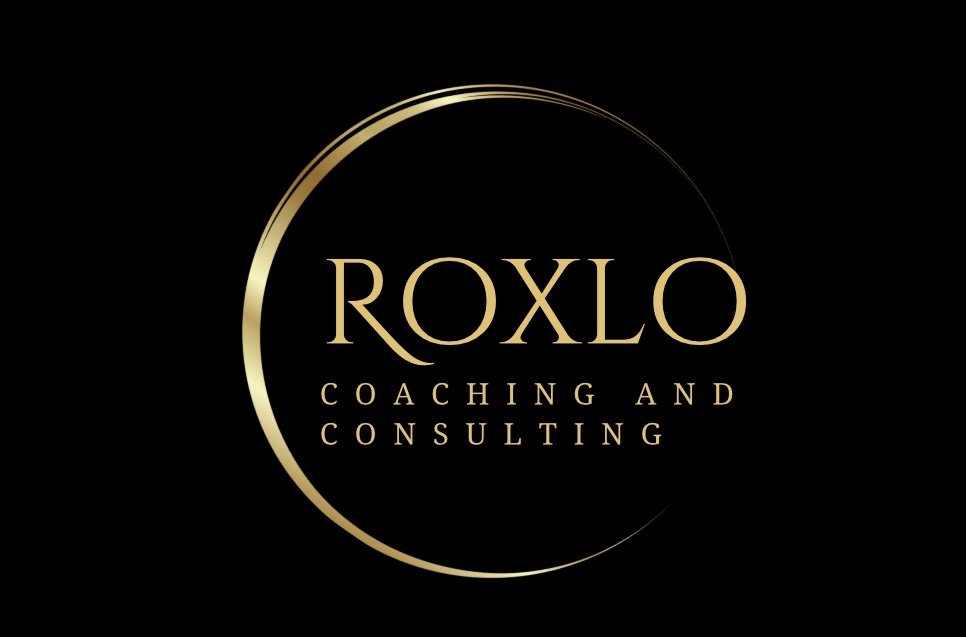Embracing Feedback: The Ultimate Leadership Ability
Volume 26: Telling it Like it Is - Embracing Feedback: The Ultimate Leadership Ability
This is Emotional Adventures in the Office, where we are committed to addressing real struggles that people face at work. Our approach will vary. Sometimes we will ask questions, other times we will make bold statements. We're always looking for new topics to delve into, so if you have any suggestions, please let us know.
Effective leadership, both personal and professional, hinges on the ability to accept and utilize feedback constructively. Leaders who master this skill not only facilitate their own growth but inspire and elevate those around them. Here's how choosing to accept feedback can illuminate your path to becoming a more effective leader:
Don't avoid your own red flags
When leaders choose to step out of the spotlight that shines on their flaws, they avoid the discomfort of facing criticism. Eventually this approach can have several poor consequences:
Stunted Growth: By avoiding feedback, leaders miss crucial opportunities to develop their skills and address weaknesses.
Superficial Improvement: Without genuine feedback, any progress may be shallow, failing to address deeper issues that could impede long-term success.
Erosion of Trust: Avoiding feedback can create a disconnect with team members, eroding trust and undermining the leader's credibility.
Embracing feedback well is a mark of effective leadership. Here are some tips that can help:
Cultivate a Growth Mindset: Effective leaders view feedback as an opportunity to learn and grow. They understand that recognizing and addressing flaws is crucial for continuous improvement.
Build Self-Awareness: Feedback provides valuable insights into a leader's strengths and areas for improvement, allowing greater self-awareness and change to take place- because now you know.
Enhance Empathy and Connection: Leaders who embrace feedback develop greater empathy, understanding their own and others' imperfections. This empathy strengthens relationships and fosters a supportive team environment.
Listen Well: Effective leaders listen actively to feedback, without interrupting or becoming defensive. This shows respect for the feedback provider and a commitment to growth.
Practice Reflection: Taking time to reflect on feedback helps leaders understand its relevance and how it aligns with their goals and values.
Make a Plan: Leaders create actionable plans to address feedback. This involves setting specific, measurable goals and regularly reviewing progress.
Seek Clarity: When feedback is vague, effective leaders seek clarification to fully understand the points being made and how they can improve. They know it is about behavior change and is not "personal".
Express Gratitude: Acknowledging and thanking those who provide feedback reinforces a culture of openness and continuous improvement.
Leaders who embrace feedback continually refine their skills, making them more effective in their roles. By modeling a positive attitude toward feedback, they inspire their team members to do the same, leading to a culture of continuous improvement and high performance.
Leaders who are open to feedback build stronger, more trusting relationships with their team, fostering a collaborative and supportive work environment. Finally, embracing feedback helps leaders become more resilient and adaptable, better equipped to navigate challenges and drive innovation.
